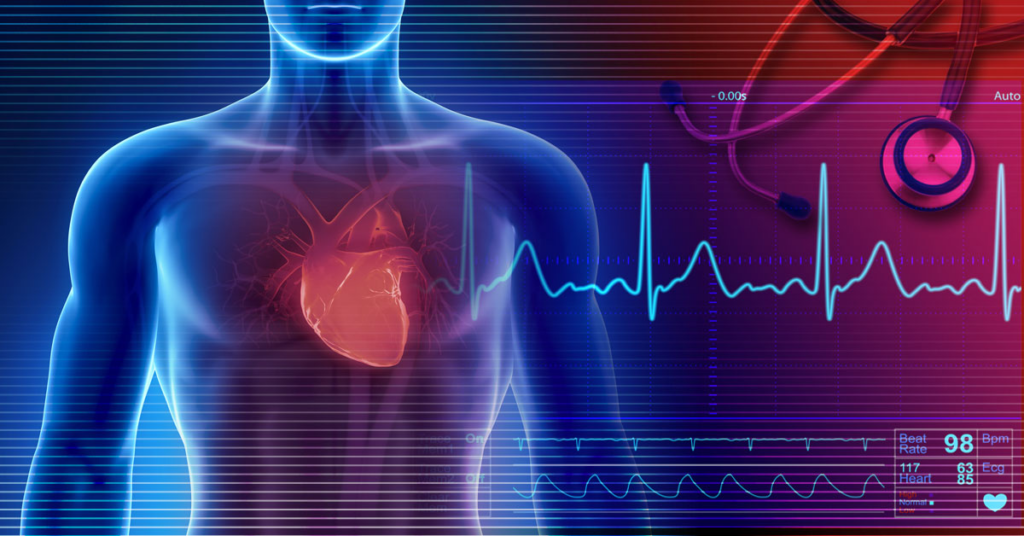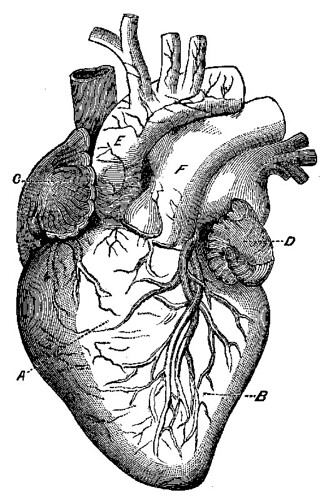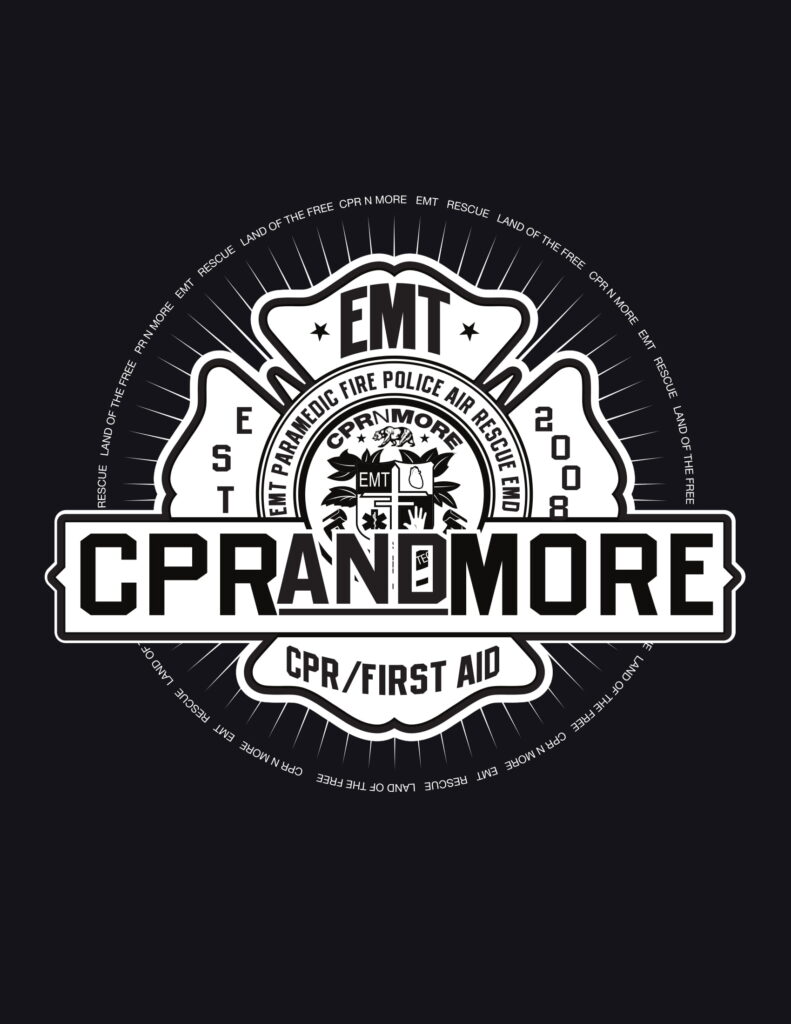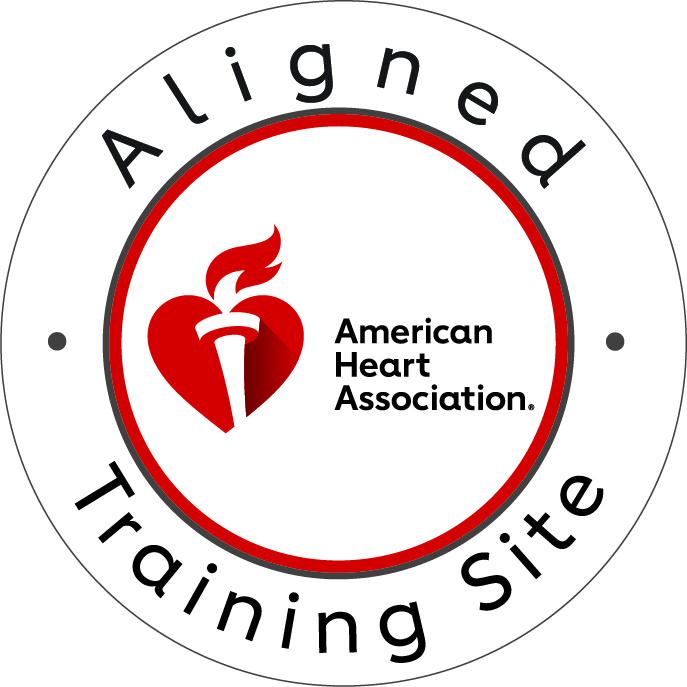Cardiac arrest can happen either, and most commonly, from underlining heart problems or it can also happen because of other reasons other than heart problems. Among one of the most common causes is heart attack. There are other heart problems which can also lead to cardiac arrest one example is if the heart muscle is weak and this situation is called cardiomyopathy. Other examples can be due to a valvular problem or if there is a condition system that causes problems with the generation or propagation of electricity within the heart. All these cardiac conditions can lead to sudden stoppage of the heart and cardiac arrest.
There are many non-cardiac cardiac reason which can lead to cardiac arrest as well. Like, if these is a drowning, it can be caused by poisoning, medication overdose, trauma from an accident where there is sever blood loss, kidney failure, and if there are any imbalances in the electrolytes within the bloodstream for example. All of these causes can lead to cardiac arrest even without a primary heart problem.
It is important to point the differences between Cardiac arrest and heart attack. People sometimes use the two terms interchangeably and this can sometimes cause confusion as they are two totally different things, though heart attack can sometimes lead to cardiac arrest. Heart attack and cardiac arrest are obviously two things that affect the heart but they do so in different ways. To clarify a heart is really just a big muscle whose primary function is to pump blood throughout the body. One thing to notice if you ever look at an accurate picture or model of the heart is that you’ll see arteries all around the outside and their function is to bring fresh and oxygen to various parts of the heart muscle which it needs in order to function. In cases of a heart attack, for some reason, there is a blockage in one or more of these arteries, and they are called coronary arteries, which causes little or no fresh blood to be delivered all the way to the end of the heart and this can cause portions of the heart muscle to die. During a heart attack even though you know you got that blockage the heart is still pumping but it’s not pumping as efficiently. The person that has a heart attack will usually feel pain in the chest but they are still conscious. So, all that being said it’s a good idea to think of a heart attack as a heart issue to do with plumbing and a blockage in that plumbing.
Cardiac arrest is a bit different. Normally in your heart you have special cells that are like a natural pacemaker. These cells will send electrical signals to different parts of the heart to cause them to contract. And there are two stages; one on top of the heart and one on the lower portion. These signals determine the natural pumping rhythm of the muscles of your heart and during cardiac arrest for some reason those electrical signals are not being fired properly, either they stop so the heart muscle doesn’t even move or sometimes they’ll just fire randomly or erratically and if you were able to see the heart you would basically see it quivering or moving rapidly and out of sync and this is call fibrillation. When that happens there’s no more blood being pumped by the heart to the rest of the body especially the brain and organs. In this condition the person experiencing cardiac arrest is essentially dead. You’ll see the person fall over or they’ll be on the ground not moving as they just aren’t able to function at all in this state. So, that being said it is a good idea to think of cardiac arrest as an electrical problem.
Now that we have all that defined the question is “how do we deal with a person in these circumstances.” The way we would deal with someone having a heart attack and someone experiencing cardiac arrest is a bit different. So, somebody having a heart attack are still, like we said before, conscience and they will usually say that they are having bad chest pain and when this happens you will ask them to sit down and rest while you call for help right away, which here in the US would be 9-1-1. While cardiac arrest the individual will essentially be on the floor dead as far as we are concerned because they wont be moving or responsive and if you walk in somewhere and you see someone lying on the floor try to wake them and if they don’t check to see if they are breathing or have a pulse. I you don’t detect any of these thing then they are probably experiencing cardiac arrest. That is when it is time to take action cause at this moment every second matters. The first thing you need to do is to alert medical response by telling someone to call for help, like before here in the US that would be 9-1-1, or to call yourself and then immediately start chest compressions. By doing those chest compressions essentially what you are doing is pumping blood with the heart manually and this stops any tissue, like the brain and organs, that would otherwise be starved off of supply to be able to maintain and not start to die and you are extending their chances of survival.
To recap cardiac arrest can be brought on by many different conditions and most of the time there are no warning signs or those warning signs are so subtle nobody usually notices them or they can be brought on by other underling conditions even ones that are non-cardiac related. It is important to know the difference between heart attack and cardiac arrest which is often read by the way the person is acting or versus weather they are conscious or not. Heart attack is mostly meant to thought of as a plumbing problem while cardiac arrest is to mostly to be though of as an electrical problem and as we went over before that can have vastly different consequences. Always call you emergency medical services if you are ever uncertain and not sure what to do call them anyways and let them sort out what the problem may be and if the person is lying on the ground with no or weak pulse definitely jump into action without hesitation. This information could one day save a life and I promise you that person will be eternally grateful for you and your actions.







